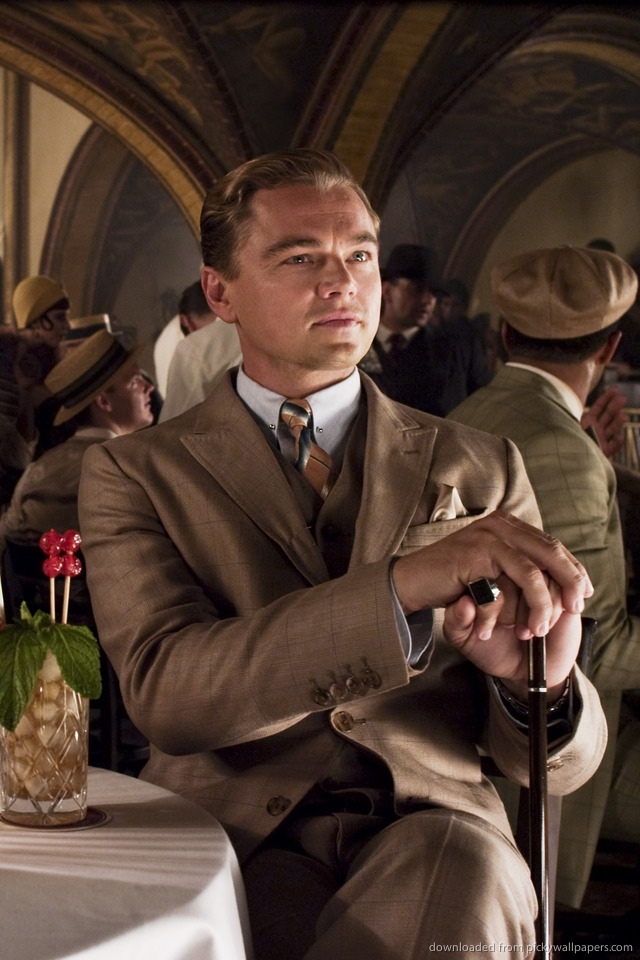Friday
The indispensable Charles Blow of The New York Times is doing all he can to prevent us from normalizing Trumpism. As I was reading his latest column, I gasped, “Oh my God, Trump is Jay Gatsby.”
Check out Blow’s description of what motivates Trump:
He was the outer-borough boy whose father’s “boxlike office” was on Avenue Z in Brooklyn; he always dreamed of making it to Manhattan and breaking into the big league.
With a hustler’s spirit and some sleight of hand, he made it, but not in total.
He made the move, made the money and made his mark on New York’s skyline, but he never quite made it into the inner sanctum of New York high society.
I’m convinced that this is part of his obsession with former President Barack Obama. Obama was quickly granted the thing Trump never had: upper-class acceptance and adulation.
For Trump’s part, his sin was even worse than being new-money: He was tacky rich.
No amount of money or success could completely rid him of the odiousness of being coarse and crass.
He upset social conventions.
For him, things had to be gilded to be glamorous. All modesty — either real or contrived to guard against exposure — was absent from the man. He was a glutton for attention and adoration. He chased the spotlight and pimped celebrity for profit. He valued flaunting over philanthropy.
In New York City’s elite social circles, Trump was persona non grata.
We could choose any number of scenes from Fitzgerald’s novel to back up the comparison: his lower class roots, his soaring ambition, his gaudy real estate, his incessant parties, his taste in flamboyant clothing, Tom Buchanan’s contempt for him, his ties to organized crime. I wonder if people who have given him money have been attracted as underground boss Meyer Wolfshein is:
“I raised him up out of nothing, right out of the gutter. I saw right away he was a fine-appearing, gentlemanly young man, and when he told me he was at Oggsford I knew I could use him good. I got him to join up in the American Legion and he used to stand high there. Right off he did some work for a client of mine up to Albany. We were so thick like that in everything.”— he held up two bulbous fingers ——” always together.”
There’s a significant difference between Gatsby and Trump, however: Gatsby doesn’t stiff employees, he doesn’t engage in constant lawsuits, he doesn’t harass women. Above all, Gatsby doesn’t have Trump’s mean streak and his hunger for payback. Gatsby is a more innocent Trump.
So I’m tempted to retract the comparison except that it helps me understand Trump’s success. Nick is drawn to Gatsby because he sees in him America’s naked longing for something more, and I think Trump has tapped into that longing has well. Americans identified so much with his dreaming that they enrolled in Trump University, invested in his enterprises, elected him president.
The Great Gatsby is one of the great American novels because it manages to capture the magic and the hollowness of America’s success and prosperity dream. For a fleeting moment, with Trump’s election, supporters could imagine that the dream was within reach, that they could “suck on the pap of life, gulp down the incomparable milk of wonder.”
Now the long and painful disillusionment is underway.


